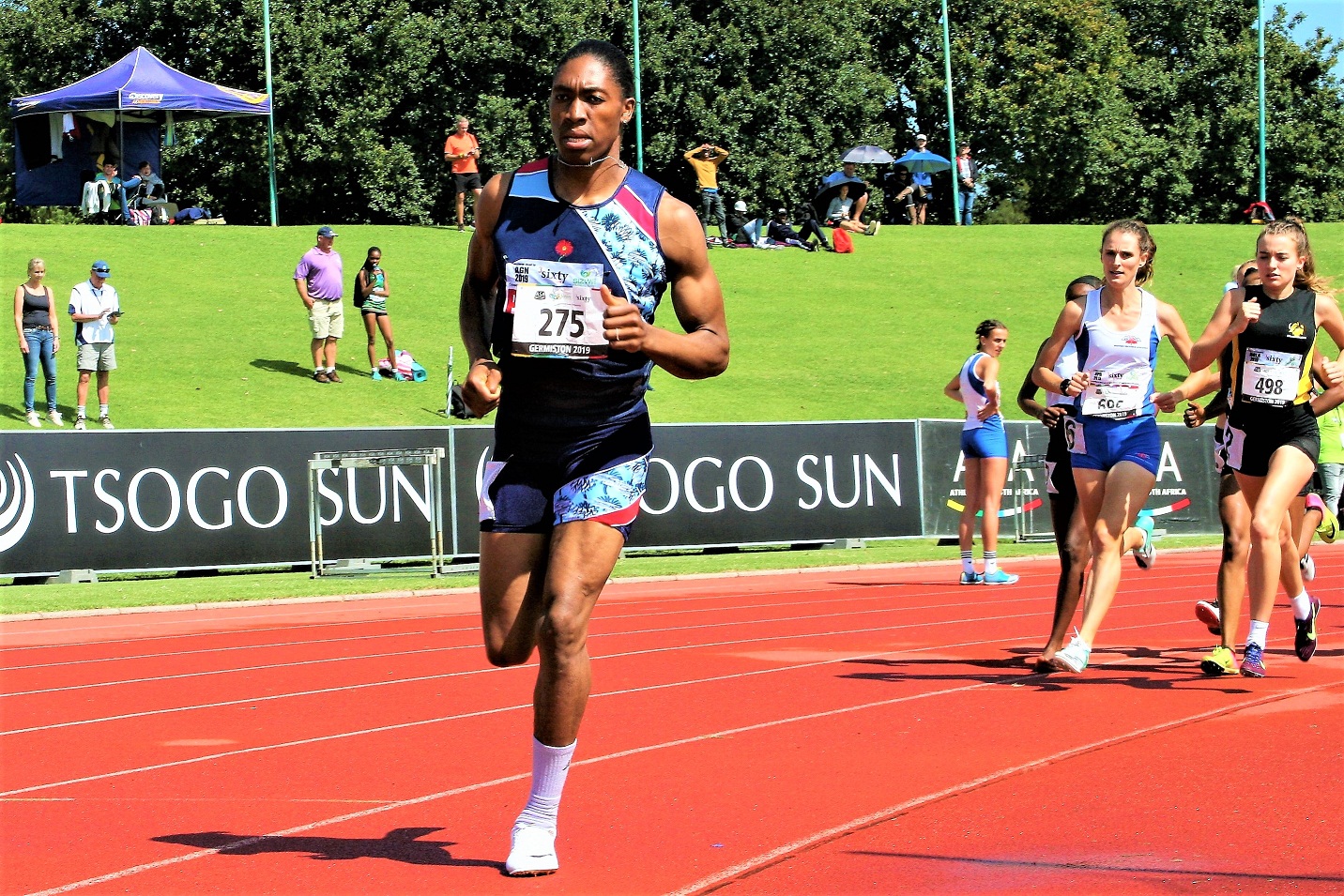The outcome has caused upset amongst South Africans and the world has questioned what motivated the outcome, following the judgement by the Court of Arbitration for Sport (CAS).
This means that women with elevated testosterone will have to take suppressive treatment if they wish to compete against women in certain events.
The IAAFs move triggered emotional reactions following a charged legal battle over increasingly complex questions of gender, which are likely have far-reaching consequences for the future of women’s sport.
In a 2-1 decision, CAS judges dismissed Semenya’s appeal against the measures imposed by the International Association of Athletics Federations (IAAF) that compel “hyperandrogenic” athletes – or those with “differences of sexual development” (DSD) – to artificially lower their testosterone levels.
Some experts have argued that achieving excellence in sport is a combination of training and commitment as well as genetics, and that barring people from competition over a single genetic factor has no scientific basis.
In a rare intrusion into the world of sport, the United Nations Human Rights Council adopted a resolution in March branding the IAAF rules “unnecessary, humiliating and harmful”.
Seema Patel, a senior lecturer in law at Nottingham Law School, called the CAS ruling “bitterly disappointing.”
Statement from Semenya’s legal team:
Caster Semenya is pleased that a unanimous CAS Panel of three arbitrators confirmed that the IAAF’s DSD Regulations are in fact discriminatory against certain women. Ms Semenya is, however, disappointed that two of the three arbitrators concluded that such targeted discrimination is necessary. Ms Semenya is reviewing the decision with her legal team and considering whether to file an appeal.
Ms Semenya shares the view of the dissenting CAS arbitrator that the DSD Regulations are unnecessary. Women with differences in sexual development have genetic variations that are conceptually no different than other genetic variations that are celebrated in sport. The IAAF’s basis for discriminating against these women is their natural genetic variations. Ms Semenya believes that women like her should be respected and treated as any other athlete. As is typically the case across sport, her unique genetic gift should be celebrated, not regulated.
Ms Semenya also agrees with the concerns expressed by the unanimous CAS panel about: (i) difficulties implementing and complying with the DSD Regulations; (ii) the absence of concrete evidence supporting the inclusion of certain events under the DSD Regulations; and (iii) the negative and harmful side effects of medical treatment experienced by athletes subject to the DSD Regulations who wish to continue in women’s competition.
Ms Semenya believes that the dissenting CAS arbitrator will be shown to be correct and the DSD Regulations will be overturned. In the interim, Ms Semenya believes that it is irresponsible for the IAAF to proceed with the implementation of the DSD Regulations in circumstances where the CAS decision makes it abundantly clear that there are serious problems with the Regulations that need to be carefully considered and the DSD Regulations will unquestionably cause harm to the women affected by them.
Ms Semenya encourages the IAAF to commission a team of fully independent experts to produce an unbiased assessment of the need for and methods of regulation before implementing what she believes are harmful rules that will negatively impact the well-being of athletes around the world. Critically, Ms Semenya is not alone in this view, and has been supported by the United Nations Human Rights Council and three United Nations Special Rapporteurs (who filed an amicus brief supporting her appeal), as well as independent medical, scientific, legal and other experts from around the world.
Ms Semenya will continue her efforts to ensure fair competition for women and to protect other women like her from unfair discrimination. She stated: “I know that the IAAF’s regulations have always targeted me specifically. For a decade the IAAF has tried to slow me down, but this has actually made me stronger. The decision of the CAS will not hold me back. I will once again rise above and continue to inspire young women and athletes in South Africa and around the world.”
Caster Semenya expresses her deep gratitude to the international team of advisors that assisted her in her CAS case, and to the South African government, to the South African public, to the generous donors who have supported her, and to others around the world who have shown their support in these challenging times.
Semenya is weighing an appeal and such a challenge needs to be filed at the Swiss Federal Tribunal within 30 days.
In solidarity SLM says its OK Caster, you will overcome this short-sighted move, unfortunately they’ve got no idea the tsunami they’ve created.
(SA’s star Caster Semenya, competing at the ASA Senior Track & Field National Championships at the Germiston Athletics Stadium, last week). Image Jacob MAWELA.

